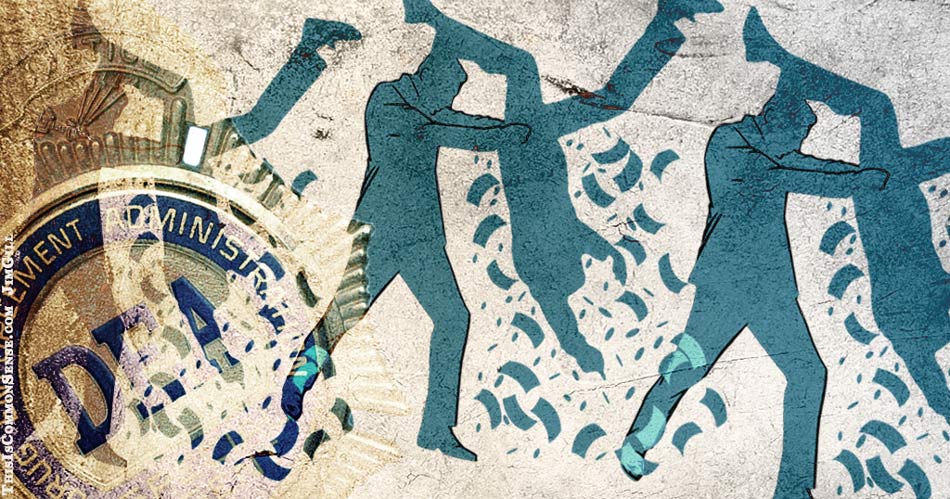What do you call those who prey upon the innocent, illegally snatching their money?
Thieves? Muggers? The Mob?
Government.
Last month, the Treasury Inspector General for Tax Administration (TIGTA) issued a report on the Internal Revenue Service’s use of civil asset forfeiture against Americans accused — well, not accused … more like suspected … well, not actually suspected of doing anything wrong, but willy-nilly deemed guilty without charge, judge, jury or conviction — of “structuring.” That’s depositing less than $10,000 in cash into a bank to avoid all the paperwork demanded by the United States Congress at that amount.
Congress passed the Bank Secrecy Act, making structuring illegal, supposedly to trip up drug traffickers and money-launderers. But that is obviously a ruse, as the TIGTA report makes abundantly clear. The IRS is simply snatching money — they won’t tell us how much — right out of individuals’ and businesses’ bank accounts.
Pity the cash-oriented business that doesn’t accumulate at least $10,000 to deposit.
The TIGTA report highlights that an incredible 91 percent of the time, the IRS acted “against individuals and businesses whose income was legally obtained,” and whom the IRS did not suspect of criminal activity. Also, through the IRS’s process of thievery “the rights of some individuals and businesses were compromised.”
Why is the IRS using the law to pilfer from the innocent, instead of the guilty?
As I explained Sunday at Townhall.com, it is easier and more profitable to make “quick hits” against innocent businesses rather than devious criminals.
When those responsible for protecting the innocent from criminals, instead, illegally twist the law to victimize the innocent, it’s called tyranny. And what is forfeited is much more valuable than mere money.
This is Common Sense. I’m Paul Jacob.











